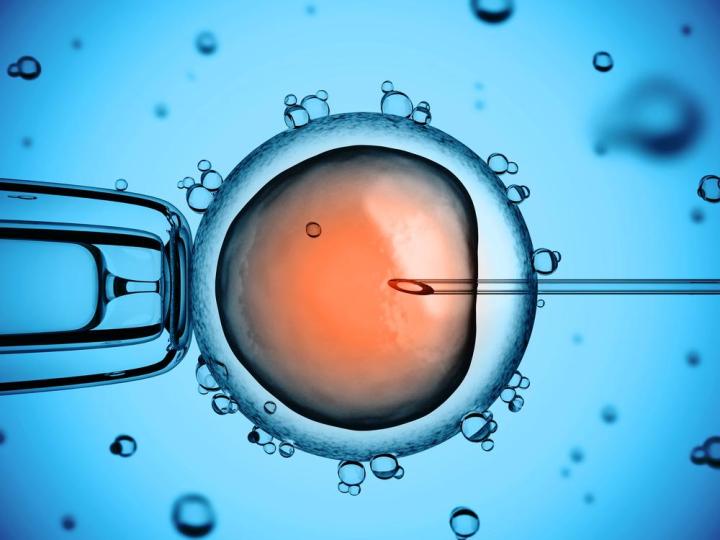
On Monday, the Human Fertilisation and Embryology Authority made the U.K. the first jurisdiction in the world to approve the controversial practice of altering the DNA of embryos, although it should be noted that these embryos are not to be implanted in women (no designer babies … yet). Rather, the purpose of the research to be carried out at the Francis Crick Institute seeks to better understand the importance of genes in the earliest stages of human development.
The proposed experiments will begin in the first week following the fertilization of an ovum, during which a 200- to 300-cell structure known as a blastocyst is formed. This tiny ball of cells is a critical point in human development — only 50 percent of fertilized eggs ever became blastocysts, and only half of these implant into the womb, with only another half developing past the three-month period. This means that of every 100 fertilized eggs, a mere 13 survive the first 90 days or so.
Dr. Kathy Niakan, who will be conducting much of the research, spoke to the BBC about the importance of the newly approved work. “We would really like to understand the genes needed for a human embryo to develop successfully into a healthy baby,” she said. “The reason why it is so important is because miscarriages and infertility are extremely common, but they’re not very well understood.”
The pending research follows in the footsteps of work by Chinese researchers, who similarly attempted gene modification in human embryos. The research was not officially sanctioned by the Chinese government, and ithe experiment proved unsuccessful.
And while some skeptics are critical of the implications of gene modification, others insist that this work will be crucial to human health.
“I promise you [Dr. Niakan] has no intention of the embryos ever being put back into a woman for development,” Robin Lovell-Badge, group leader at the Crick Institute, told TIME. “That wouldn’t be the point. The point is to understand things about basic human biology. We know lots about how the early mouse embryo develops in terms of how various cell lineages give rise to the embryo or to [other] tissue that make up the placenta. But we know very little about how this happens in the human embryo.”
Editors' Recommendations
- Inside the U.K. lab that connects brains to quantum computers
- Robots could soon make up a quarter of U.K. army, top general suggests
- Younger motorists may be banned from night driving in U.K. safety push
- U.S., U.K. embrace autonomous robot spy subs that can stay at sea for months


